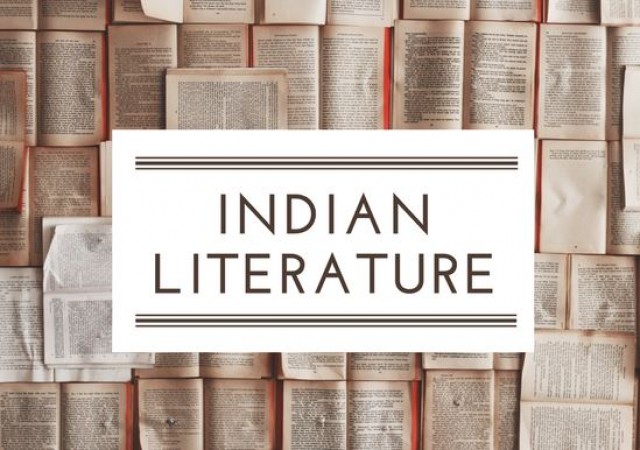
Introduction
Indian literature boasts a rich and diverse heritage that spans over thousands of years. With a myriad of languages and cultures, the Indian subcontinent has nurtured a wealth of literary traditions and gifted the world with remarkable authors who have shaped the literary landscape. This article will delve into the fascinating world of Indian literature, exploring its historical significance, notable authors, and the profound impact it continues to have on global literary circles.
1. The Ancient Beginnings of Indian Literature
Indian literature finds its roots in the ancient scriptures and oral traditions. The Vedas, composed in Sanskrit, serve as the foundation of Indian literature. These sacred texts, believed to be divinely revealed, encompass a wide range of subjects, including philosophy, rituals, and hymns.
2. Sanskrit Epics: Mahabharata and Ramayana
The Mahabharata and Ramayana, two timeless epics, form an integral part of Indian literary heritage. The Mahabharata, attributed to sage Vyasa, is an epic tale of a great war and encompasses profound philosophical discourses. On the other hand, the Ramayana, written by sage Valmiki, narrates the journey of Lord Rama and upholds the ideals of righteousness.
3. Classical Sanskrit Literature
During the classical period, Sanskrit literature flourished. Great poets and playwrights such as Kalidasa, Bhasa, and Shudraka crafted exquisite works. Kalidasa's "Shakuntala" and "Meghaduta" are celebrated for their lyrical beauty and timeless themes.
4. Tamil Literature: Sangam Era
Tamil literature flourished during the Sangam era, a period of great literary activity. The Sangam literature comprises collections of poems and songs composed by various poets. Notable works include "Silappatikaram" by Ilango Adigal and "Manimekalai" by Sattanar.
5. Medieval Indian Literature: Bhakti Movement
The medieval period witnessed the rise of the Bhakti movement, which emphasized personal devotion to the divine. Prominent saint-poets like Kabir, Mirabai, and Tulsidas expressed their spiritual fervor through their poetic compositions, inspiring people across different social strata.
6. Colonial Influence on Indian Literature
With the arrival of the British in India, Indian literature underwent a significant transformation. The colonial period saw the emergence of writers who skillfully blended Indian and Western literary traditions. Rabindranath Tagore, India's first Nobel laureate in literature, composed beautiful poems, songs, and plays that highlighted the essence of human emotions.
7. Indian Writing in English
Indian literature in English gained prominence during the colonial era and continues to thrive today. Writers like R.K. Narayan, Arundhati Roy, and Salman Rushdie have captivated readers worldwide with their powerful storytelling and unique perspectives on Indian society and culture.
8. Regional Literature: Bengali, Marathi, and Hindi
India's linguistic diversity is reflected in its regional literature. Bengal has produced literary luminaries like Rabindranath Tagore and Sarat Chandra Chattopadhyay. Marathi literature boasts remarkable authors such as V.S. Khandekar and Pu La Deshpande. In Hindi literature, Munshi Premchand and Harivansh Rai Bachchan hold a revered place.
9. Contemporary Indian Authors
Contemporary Indian literature continues to thrive with a new generation of talented authors. Arundhati Roy, with her novel "The God of Small Things," garnered international acclaim. Amitav Ghosh, Jhumpa Lahiri, and Chetan Bhagat are among the many Indian authors who have made significant contributions to contemporary literature.
10. Indian Literature and its Global Impact
Indian literature has transcended geographical boundaries, captivating readers worldwide. It offers a unique lens into the rich cultural tapestry of India, exploring themes of spirituality, social dynamics, and human emotions. The works of Indian authors have fostered cross-cultural understanding and enriched the global literary landscape.
Conclusion
Indian literature stands as a testament to the profound intellectual and artistic heritage of the Indian subcontinent. From ancient scriptures to modern-day masterpieces, it has evolved through the ages, capturing the essence of Indian life and thought. The contributions of Indian authors have resonated with readers around the globe, making Indian literature an indispensable part of the world's literary canon.
Indian Spirituality and Yoga: A Path to Inner Transformation
Indian Travel and Tourism Destinations
Intense Clash: India and Pakistan to Play More than Three Times in last six months